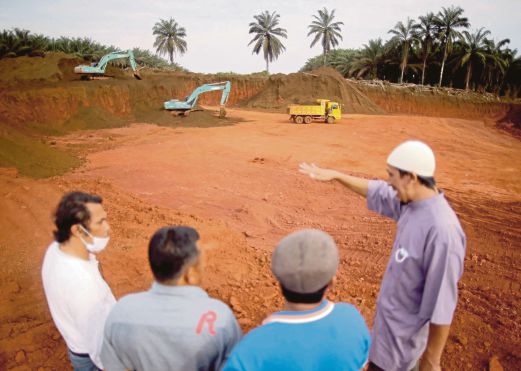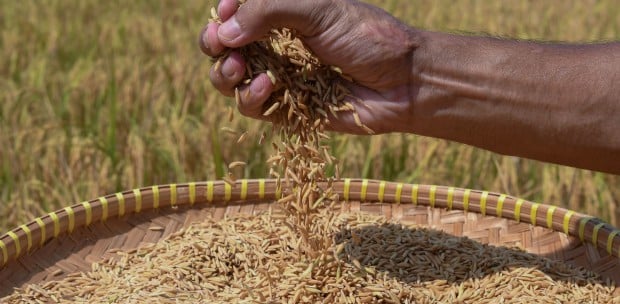PAHANG, the largest state in the peninsula, is known for its rich natural resources. Over the years, the state has attracted much investment, both local and foreign, in the mineral sector. At one time, timber resources also brought much wealth to the state.
Unfortunately, as a result of unsustainable logging, timber income has significantly dwindled. But the state still has abundant economic potential in mineral deposits. The challenge is how to sustainably harvest such deposits.
As the biggest state in Peninsular Malaysia, Pahang is always in the news. Winning the FA Cup must surely count as among the positive news. Lately, however, the state has had a spate of negative publicity with environmental issues dominating the news.
The Cameron Highlands tragedy, which attracted much debate in the media, has yet to be fully resolved. Now, after the infamous Lynas controversy has more or less died down, a new mining-related publicity has emerged. The state’s bauxite mining activity has received negative media coverage. This does not augur well for the state as it struggles to bring more economic prosperity to its people. Fortunately, there is still hope for corrective measures.
In the global pursuit of sustainable development, mining is one of the major sectors which need to embrace change. This is because mining is not only an industry which emits significant greenhouse gases due to its high energy intensity, but more importantly, it is a sector which has contributed much to air and water contamination during its operation.
It is, therefore, understandable that any attempt to regulate carbon emissions attracts strong objections from the mining industry. In Australia, the government’s recent failure to implement the carbon credit scheme was blamed on strong protests by big businesses, especially the mining sector. Of course, mining is a major revenue earner in Australia. It can ill afford to offend the sector too much.
But the good news is that the mining business in Australia is not one to ignore the growing world demand for sustainable production. The industry does realise that it is only a matter of time before it simply has to conform to reality. At the moment, it is just buying time to relook its processes and redesign its operation.
It has been widely reported that the industry is seriously investing in newer and more sustainable processing technologies to effectively reduce the carbon footprint, yet maintain the viability of the business. Australia is not alone. Miners in the United States and many other countries have embarked on similar initiatives for change.
The University of Queensland (UQ) in Australia has, for a number of years, actively researched and studied new approaches in mining to make it not only more sustainable but also responsible. They enjoy good support from mining companies in the country. At the height of the Lynas controversy, the Academy of Sciences Malaysia took the initiative to engage the group, which comes under UQ’s Centre for Responsibility in Mining. Since then, we have been exchanging notes about the latest development in sustainable mining.
The local mining industry may want to engage the academy, together with the UQ group, to help it implement sustainable growth. After all, mining is essentially about the selective extraction of a target mineral from a mass of earth containing many other elements.
The trick is to develop an extraction process that not only achieves the separation efficiently, but also consumes less energy and produces less waste. Such clean technology should also be applied to transport and logistics. In the local bauxite case, improvement is needed in transporting the concentrate ore from the mining site to the port.
What is clear is that the world will continue to demand all kinds of minerals to feed the global economic growth. We, therefore, cannot totally dispense with mining.
At the same time, there has to be much innovation in mining if it is to effectively reduce its carbon footprint. Failing to change would spell dire consequences, not just for the world, but the mining business itself.
Embracing sustainability is, therefore, no longer a negotiable option for the mining industry!
The writer is a fellow of the Academy of Sciences Malaysia and adjunct professor at Universiti Malaya






